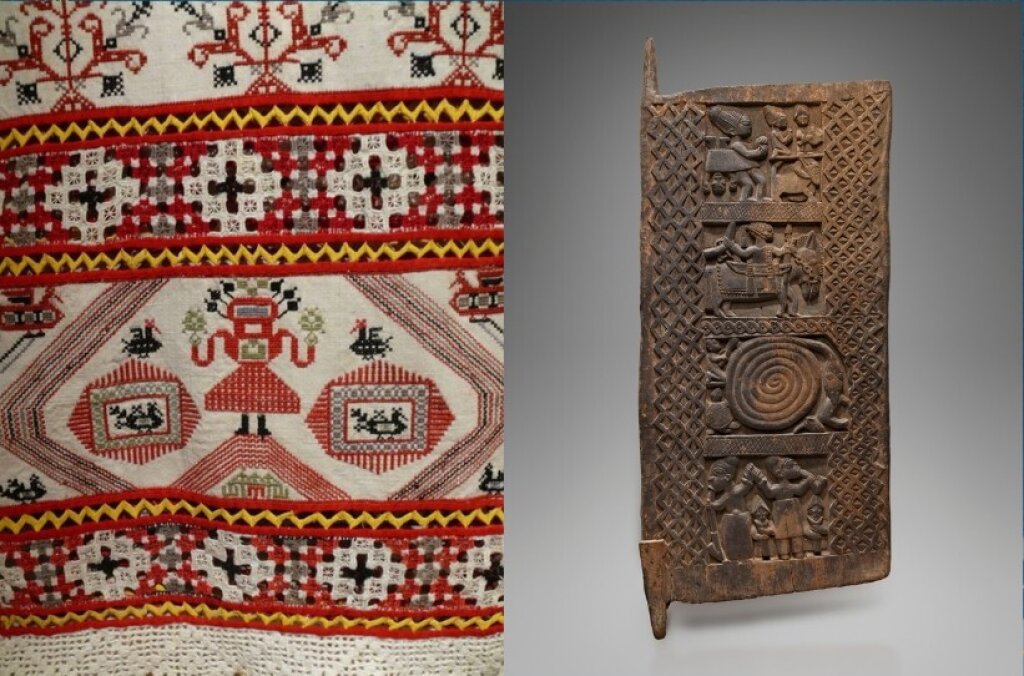This event will be hosted in hybrid format. RSVP to attend in person. Register for the Zoom meeting.
In 2021 – just five years after the Russian state’s race-based meddling in the U.S. presidential election abroad, and just one year after its negative portrayal of the global Black Lives Matter movement to audiences at home – award-winning Russian author Evgenia Nekrasova published her second novel, Kozha (Skin). Nekrasova identifies as being of Erzya-Moksha ethnicity, and she acknowledges in her novel’s prologue the fact of serfdom within her family history. Her novel tells the story of the enserfed woman, Domna, and the enslaved woman, Hope, who have a chance meeting that leads to the discovery of their ability to switch bodies with one another. Does this corporeal conversion ultimately aid these women in their hope for a better life? What does this timely novel demonstrate to us about both the personal and political nature of empathy, hope, and liberation? Guided by these questions, Christy Monet places Nekrasova’s novel in dialogue with two of its major literary intertexts within magical realism: Octavia Butler's Kindred (1979) and Toni Morrison’s Beloved (1987). Further, Nekrasova (who has been called the founder of "magical pessimism" in contemporary Russian literature) and her novel are put into conversation with social and political theorists of Afropessimism in order to meditate on global society’s continuing dependence on anti-black narratives and violence. A century after Soviet-era interactions between artists and writers from the Black and Russophone diasporas, is it still meaningful to explore the commonalities and differences between their historical experiences with the oppressive and dehumanizing institutions of bonded labor? Despite the inevitable limits of empathy that all three of these novels illustrate, Christy Monet argues that cultural works of creative empathy and solidarity may still be our best and most resilient path to overcoming dangerous and long standing divides, both domestic and international.
Dr. Christy Monet Brandly is a political scientist and Slavicist specializing in intellectual history as viewed from the perspectives of the history of political thought and literary studies. She conducts research and teaches in the fields of political theory, literature, and history, with a focus on Russophone political thought and its engagements with empire, liberalism, and American culture over the last two centuries.
Event Replay
Related Events
·Dmitry Arzyutov
Event details
→
Tracing the Traces
The Politics of Scale in Environmental Conservation in the Late Soviet Arctic
·Alexandra Urakova and Olga Petri
Event details
→
Out of Line: Queering the Literary Genealogy of the Superfluous Man
Join us for another 19v seminar!



